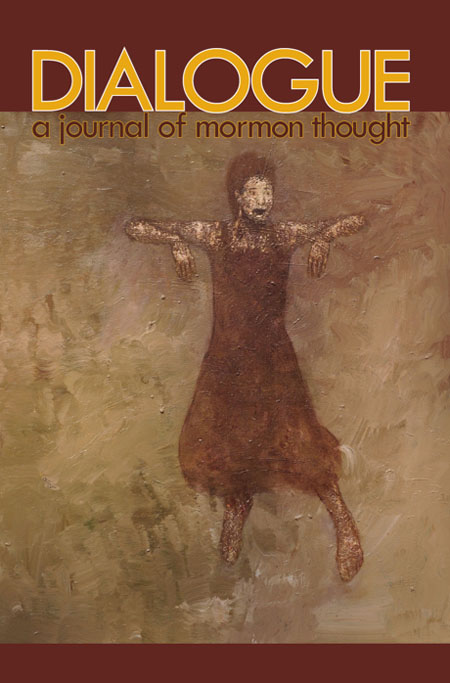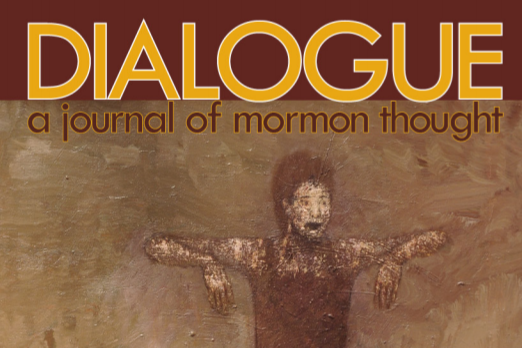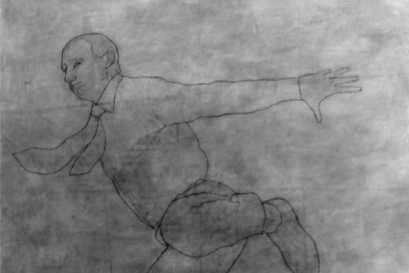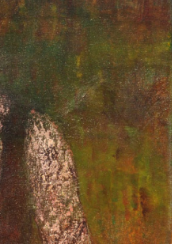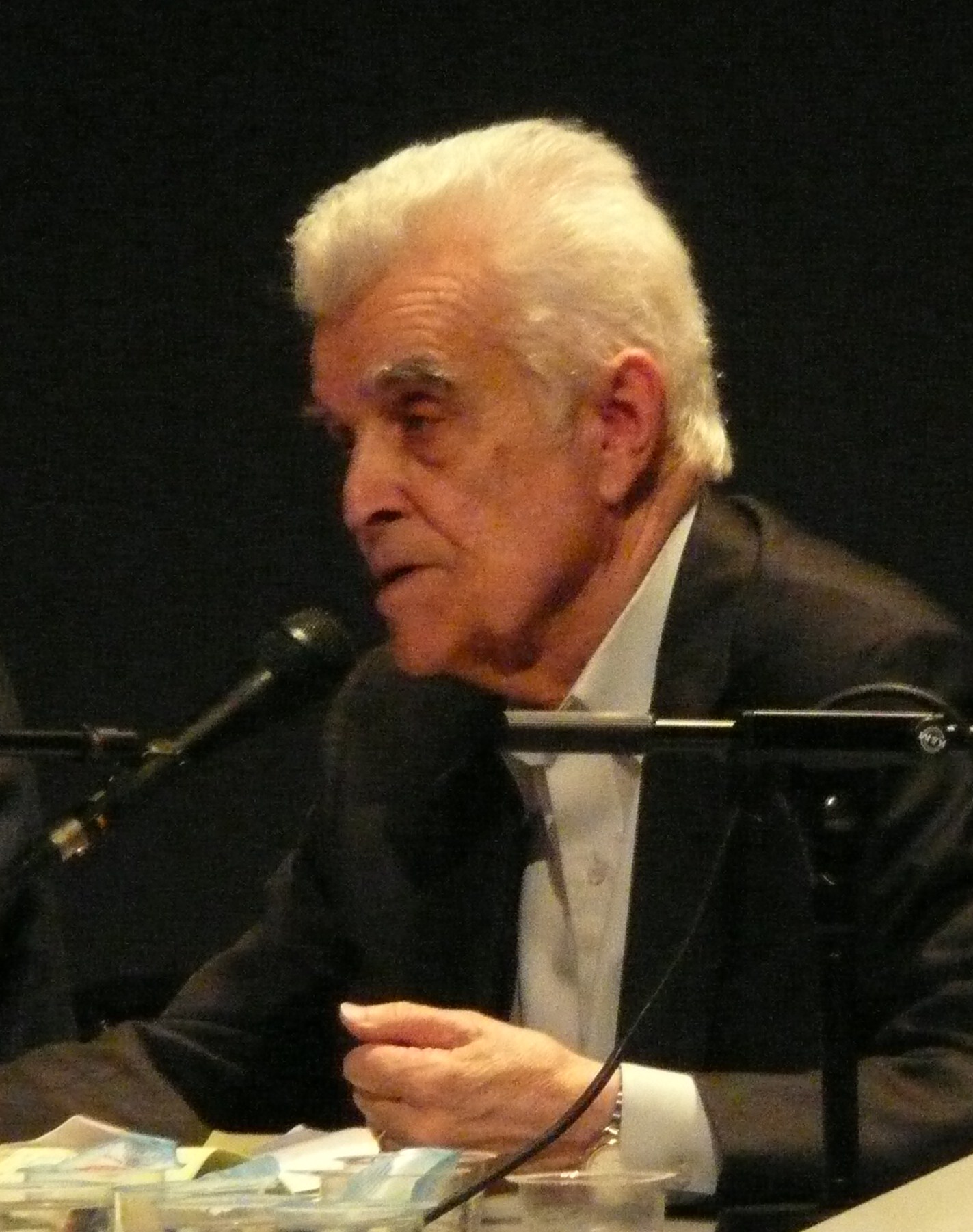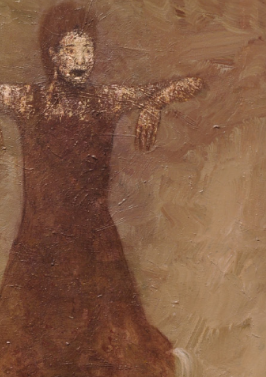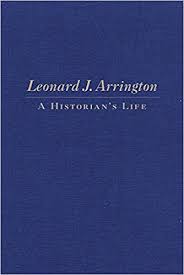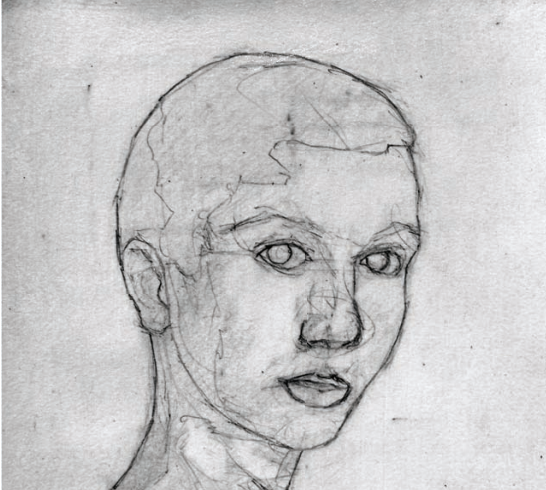Crawling Out of the Primordial Soup: A Step toward the Emergence of an LDS Theology Compatible with Organic Evolution
Steven L. PeckDialogue 43.1 (Spring 2010): 1–36
And in fact, what might it mean that God “used” evolution tocreate life’s diversity? Was this a choice for God among other al-ternatives? Do Wildman’s pessimistic conclusions hold for Mor-monism? Does evolution imply a noninterventionist Deity? Arethere more optimistic views possible, some of which may actuallysuggest that evolution enhances and expands our view of God?
Read more





